“Research by the Chartered Institute of Personnel & Development (CIPD) reveals that some of the most successful tools in reducing employee absence are an early intervention by line managers / (Business Partners) and good communication. This effective communication can help to identify underlying causes of absence. A large part of managing absence is about ensuring that staff can raise issues that may be troubling them at an early stage so that they can be addressed before they escalate. (The case for Pro-active Business Partners vs Reactive Employee Assistance Programme)
Effective absence management is also about creating work environments where employees are less likely to wake up and think ‘I don’t feel like going in to work today’. A focus on employee well-being can also be an effective way to avoid absence problems developing”
See http://www.cipd.co.uk/hr-resources/factsheets/absence-measurement-management.aspx for the full article.
As recently as last week the CIPD reported that almost half the HR professionals surveyed earlier this year have seen absence levels rise in their organisation over the past 12 months. A significant proportion of short-and long-term absence is down to stress and mental health issues, but 49% of organisations admit they don’t have a proper well being strategy in place.
Emphasis by Jim Grimmer, P3 Business Care. If you want to become pro-active employer contact support@p3businesscare.com for more information.

